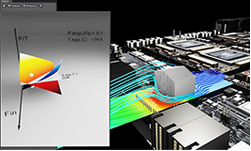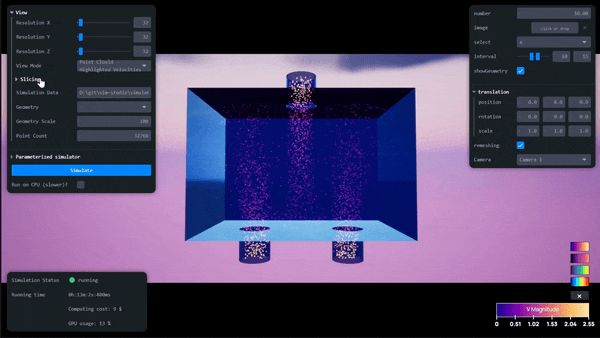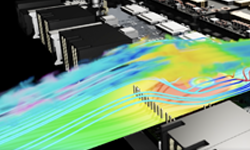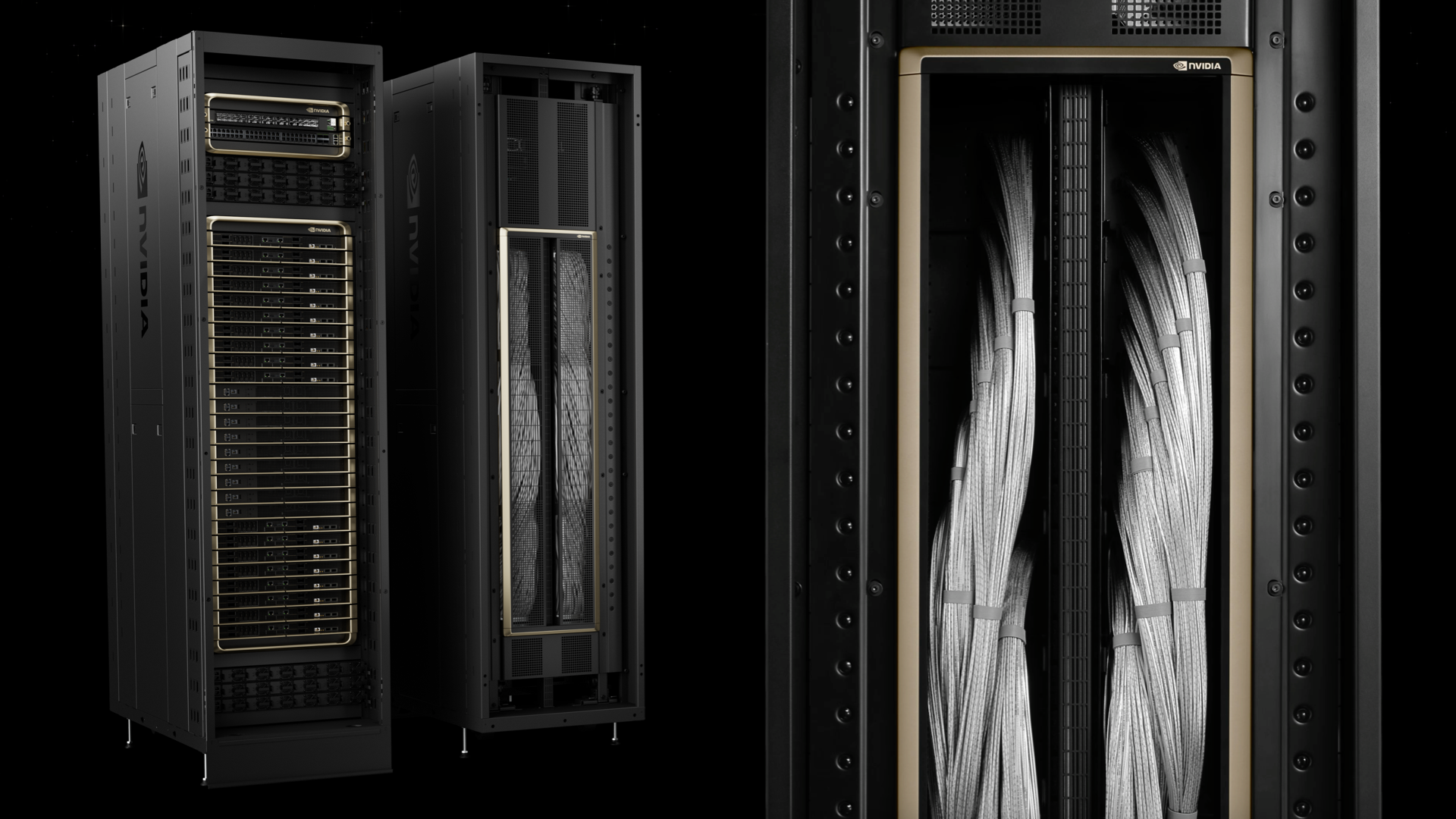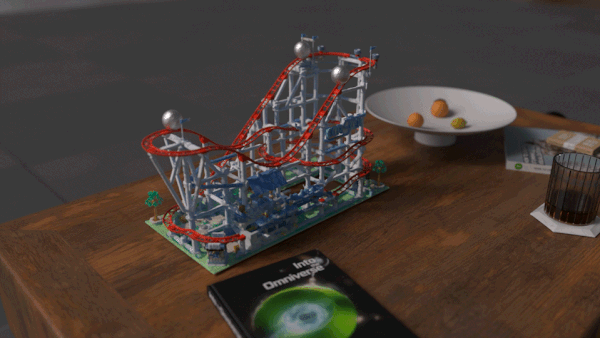NVIDIA Modulus was previously known as NVIDIA SimNet.
Today, NVIDIA announced the availability of NVIDIA Modulus, a simulation toolkit intended to address the challenges of using AI and physics.
Simulations are pervasive in every domain of science and engineering, but they’re constrained by long computational times, limited compute resources, tedious manual setup efforts, and the need for technical expertise.
Modulus not only accelerates simulations compared to traditional solvers but it also extends the scope of simulations into new frontiers not accessible using existing simulation tools.
NVIDIA Modulus v0.1 is intended for academics and researchers who are either looking to get started with AI-driven physics simulations or are looking to leverage a powerful, existing framework to implement their domain knowledge to solve complex real-world problems.
Compared to traditional solvers, Modulus offers the following benefits:
- Fast turnaround time: Parameterized system representation that solves for multiple scenarios simultaneously. After the model is trained, Modulus can do the inference interactively. Traditional simulations need to be evaluated one at a time and each run is computationally expensive. In addition, most solvers are written using CPUs not GPUs.
- Broad applicability: Model PDEs with physical constraints while maintaining accuracy and convergence. Driven by the laws of physics, Modulus is generalizable. This enables you to address a wide range of use cases, including real-time simulations, data assimilation, and inverse problems with an easy point cloud preprocessing step.
- Scalable performance: Solve larger problems faster. Optimized performance with multi-GPU and multinode implementation of accelerated linear algebra routines (XLA).
- Customization and ease-of-adoption: APIs for implementing new physics, domains, and geometry, and detailed user guide examples. Suitable for those just starting with AI-driven physics simulations as well as experienced AI researchers needing a high-performance, modern toolkit with APIs and detailed user guide examples.
Researchers and students interested in participating are encouraged to apply to the Modulus Early Access program today.
